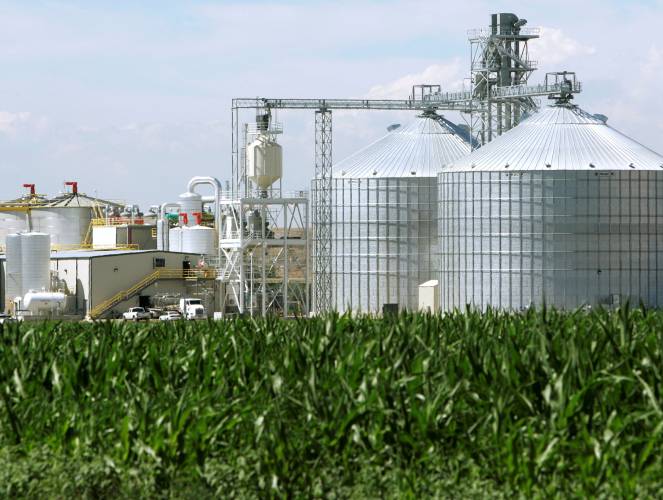In recent years, Artificial Intelligence (AI) has been adopted by a number of industries, transforming their workflows and improving efficiency. The pharmaceutical industry, in particular, is one of those that has reaped the benefits of this advanced technology.
Since the covid hit the world, it has started playing a very important role in the pharmaceutical industry. From understanding diseases, diagnosis, and manufacturing medicines to clinical trials, Artificial Intelligence has provided a great helping hand to pharma companies.
Artificial Intelligence has played a very crucial role during the pandemic to discover vaccines. It has helped in improving the manufacturing process by producing low-cost medicines without compromising on quality in less duration. It makes the production process faster and ensures less waste of material.
It also helps in designing the drugs and reducing the time taken during drug trials for approval, hence reaching the market early along with saving the cost, and therefore, patients can get medicines at a lower cost.
Artificial intelligence in research and development (R&D)
Pharmaceutical companies across the globe are developing advanced artificial intelligence-powered tools and machine learning (ML) algorithms to smoothen drug innovation process. These technology tools are designed to detect complex patterns in large datasets and, therefore, can be used to resolve problems associated with complex biological networks.
This ability to study patterns of various diseases and to determine which composite formulations are best suited for the treatment of specific symptoms of a particular disease is excellent. Pharma industries can invest in the R&D of such drugs that are more likely to treat a disease or medical condition successfully.
Artificial Intelligence in disease prevention
Pharmaceutical companies are using artificial intelligence to try and develop cures for very rare diseases. In general, pharma organizations don’t spend resources and time to find medicine for an early stage of rare diseases because the return on investment (ROI) for such efforts is less compared to the cost and time it takes to develop a drug for rare diseases.
Artificial Intelligence can help predict epidemic outbreaks
Machine learning models are being used to predict and prevent epidemics across the globe. According to a research conducted in Maharashtra, a data mining classification algorithm—Support Vector Machine (SVM), was used to successfully predict the onset of malaria in the early stages with a lower error rate. This type of AI/ML tool can empower organizations to engage in early preventive care and put the right measures in place to combat it.
Future of AI in pharma industry
The recent surge in activity in deploying AI capabilities in the pharmaceutical industry shows no sign of slowing down. According to recent research, about 50 per cent of global healthcare companies plan to implement AI strategies and broadly adopt the technology by 2025.
Specifically, global pharmaceutical and drug development companies will invest more in discovering new drugs for chronic and oncology diseases. Some of the major chronic diseases that AI will tackle in the future include chronic kidney disease, diabetes, cancer, and idiopathic pulmonary fibrosis.
Artificial intelligence will also shape the future of pharmaceuticals by improving candidate selection processes for clinical trials. By quickly analyzing patients and identifying the best patients for a given trial, it helps to ensure uptake by providing trial opportunities to the most suitable individuals.
This advanced technology also helps to remove elements that may hinder clinical trials, reducing the need to compensate for those factors with a large trial group.
In nutshell, AI and machine learning will continue to help further drug discovery and manufacturing. And as AI tools become more accessible over the years, they will become part of the natural process within pharmaceutical and manufacturing. The future will be AI-enabled.
Artificial intelligence pharma market size and growth
The global artificial intelligence (AI) in pharmaceutical market was valued at US$ 905.91 million in 2021 and is expected to reach over US$9,241.34 million by 2030, poised to grow at a compound annual growth rate (CAGR) of 29.4% from 2022 to 2030.
This growth is mainly due to companies resuming their operations and adapting to the new normal while recovering from the COVID-19 impact, which had earlier led to restrictive containment measures involving social distancing, remote working, and the closure of commercial activities that resulted in operational challenges.
Also, the adoption of artificial intelligence and machine learning is rapidly growing across the pharmaceutical industry, as it offers technological decision making capabilities, improve production efficiency and it helps to improve efficiency of clinical trials.
Real time data output is an additional market driving factor in pharmaceutical industry. It has wider benefits in research and development for instance the machine learning algorithms helps to analyze the wider range of data which offers the real-time data output with respect to historical data. The application of data sciences and machine leaning helps to analyze the big data which enables the rapid development of new product.
Conclusion
Artificial Intelligence (AI)-based solutions in pharmaceutical sectors are gaining momentum, becoming the new competitive battleground for many manufacturers. The pharma industry desperately needs digital transformation and new technologies to process vast amounts of health data efficiently. It identifies significant relationships between them, effectively decreasing time-to-market in drug manufacturing.





